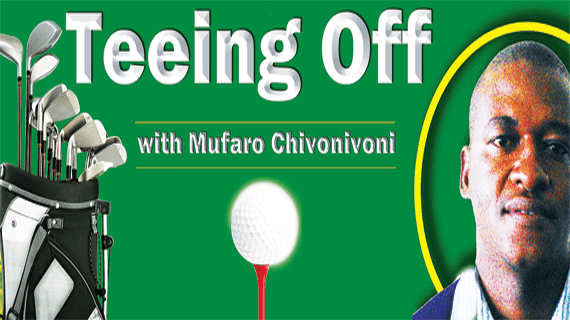
THOMAS BJORN in the 2003 British Open led Ben Curtis by three strokes with four holes to play, but disaster struck on the last four holes where he dropped five shots and effectively lost the major.
Tom Watson at the 2009 British Open hit one of the worst putts ever seen at the worst possible moment – when he needed a par on the last hole to win. Watson missed that short par putt on the 72nd hole with a truly terrible stroke.
It was more like a dancing move than a golf motion. Watson then played poorly in the playoff and lost the Claret Jug to Stewart Cink. Rory McIlroy at the 2011 Masters began the final round with a four-stroke lead. But he fell apart beginning on the 10th tee, eventually finishing with an 80 to drop to 15th place.
The above cases are all examples of golfing professionals who have crumbled in moments of pressure. All amateur golfers have experienced severe anxiety on the golf course it can be either from hitting the first tee shot when it seems as if the entire clubhouse is watching or being involved in a tough match to win the $5 bet off your friend.
As amateurs, we should take heart that even the top professional’s experience nervousness during their golfing rounds as highlighted in the examples above.
Whether you’re a 24 handicap or scratch you are likely to feel at least some nerves during your round. Regardless of skill level or on the course scenario, there will be times when you’ll require some way to calm your nerves so they don’t adversely affect your performance. Here are some tips to help you stay calm.
When you get nervous your breathing pattern changes. It’s the first thing you should check. Your breathing tells you about the level of your anxiety.
And, more important, your breathing can help you control your anxiety. When you’re nervous you take short, shallow, quick breaths.
- Chamisa under fire over US$120K donation
- Mavhunga puts DeMbare into Chibuku quarterfinals
- Pension funds bet on Cabora Bassa oilfields
- Councils defy govt fire tender directive
Keep Reading
And that’s exactly how your swing will come out, jumpy, racy and out of sync. So take smooth, rhythmic, deep breaths. It will help reduce the nervousness.
Take your time. Rushing is sometimes a natural response to pressure you want to get it over and done with. But that usually results in a quick, jerky swing and a terrible result. Slowing down, will help the body and the brain relax and will result in the player making the best decision given the situation they will be faced with.
Too often we end up focusing on the worst case scenario, having a negative attitude about yourself and the way that you see the golf course can put you into a state of anxiety. In pressure situations take a few minutes to visualise yourself succeeding at the task at hand.
Stay with positive thoughts instead of dwelling on fear thoughts. Remember the feelings and thoughts you had when you hit good shots.
This will help your body to reproduce your own balanced swing and rhythm. Lastly always remember that we play sports for enjoyment and nobody will put a gun to our head and shoot us when we fail.










